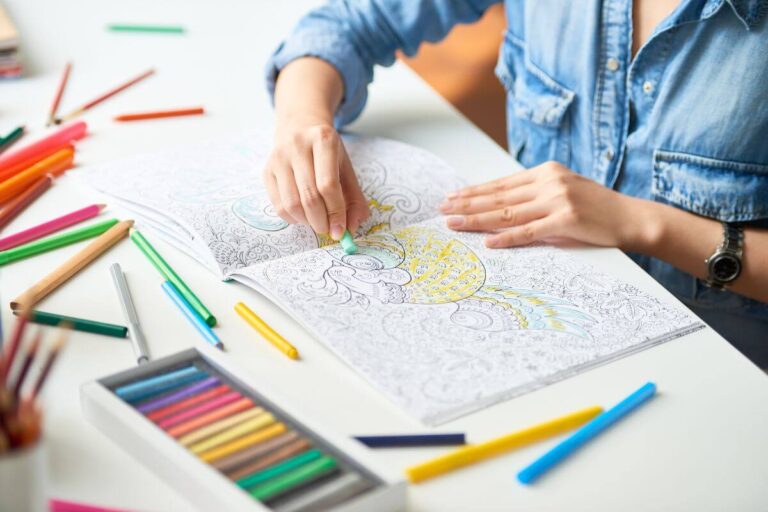15 Random Items People Can’t Stop Hoarding
Look around your home, and you might be surprised by how many items you’ve kept without a second thought. Everyday things can accumulate for comfort, memories, or “just in case” moments.
These habits often lead to clutter, making your space feel more crowded over time. Spotting which items tend to pile up can help you clear out what’s unnecessary and keep only what truly matters.
Old receipts
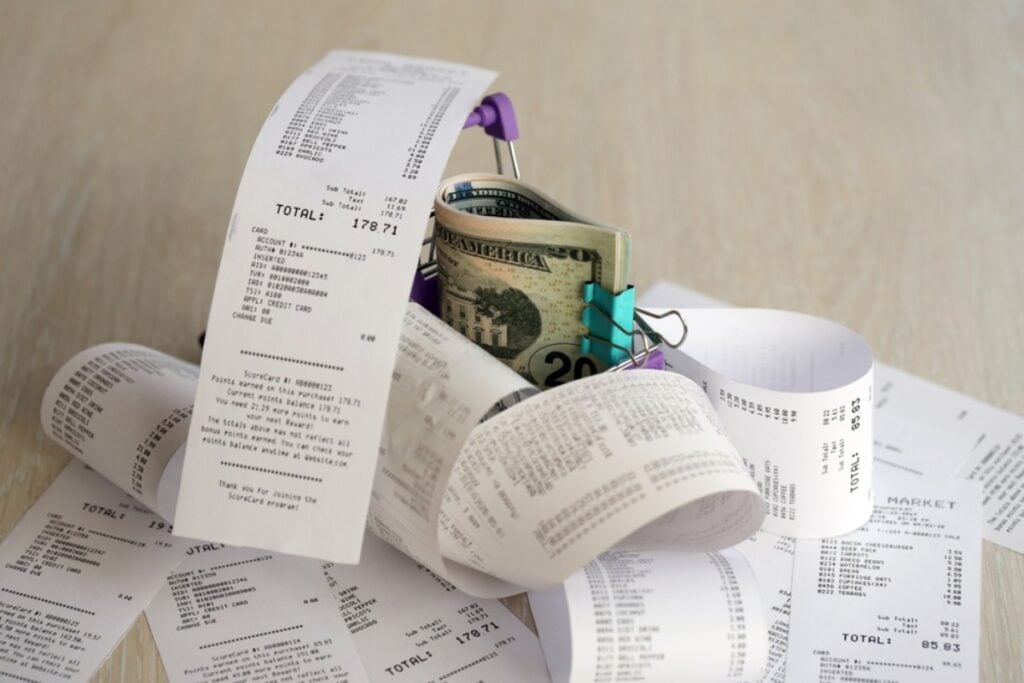
Old receipts can hide in drawers, bags, or your wallet before you realize it. It feels practical to keep them, just in case you need them later.
Most receipts lose their value after a short time. Unless they’re for big purchases or warranties, you probably won’t need them after a few weeks.
Instead of keeping every receipt, sort out the important ones and toss the rest. Digitizing receipts by taking photos on your phone is an easy way to save space.
Letting go of receipts you don’t need frees up room and reduces stress. It’s a simple way to manage your space better.
Unused birthday cards
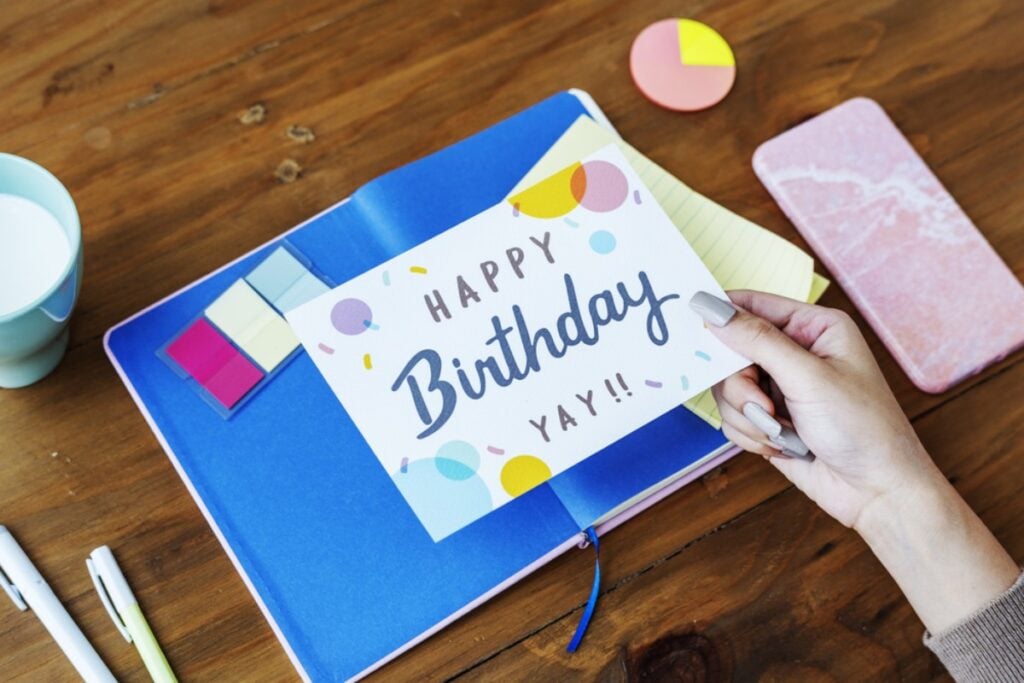
A box or drawer of birthday cards from friends and family can quickly fill up. These cards often hold special memories, making them hard to part with.
Keeping every card can clutter your space. Try saving just one recent card from each person who’s still in your life.
Going through cards each year helps you keep only the most meaningful ones. Recycling cards is okay—the feelings behind them stay with you.
Expired coupons
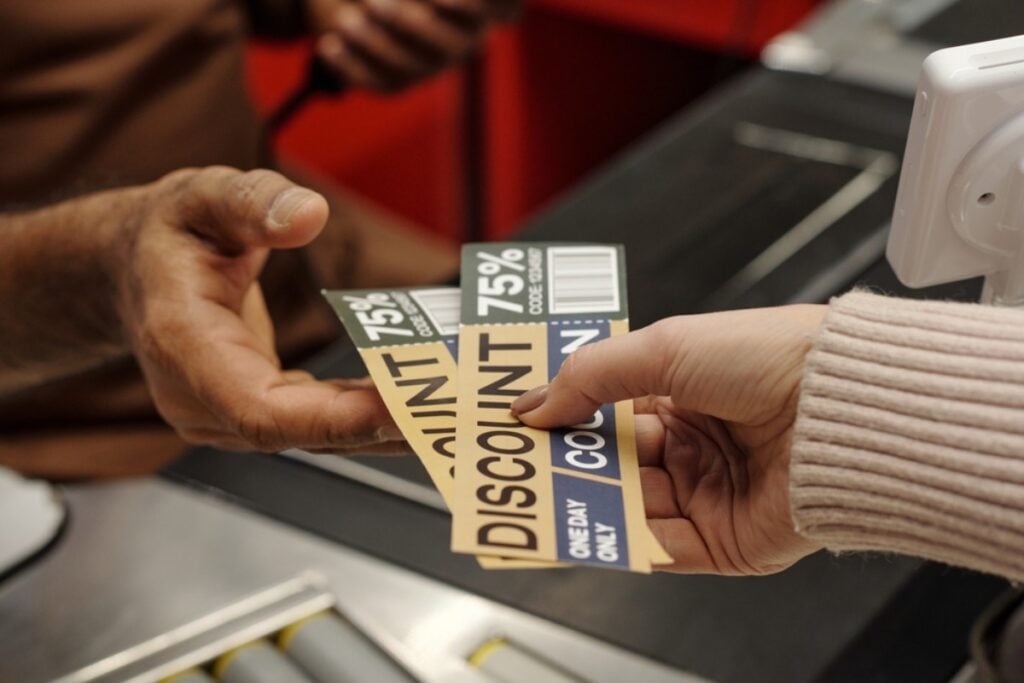
Expired coupons often get tucked away, with the hope they’ll be useful someday. Most lose their value quickly and just add to the clutter.
Keeping old coupons makes it harder to find ones you can actually use. Sort through your coupons regularly and toss any that are past their date.
Focus on current deals and coupons to save money and keep your space tidy.
Plastic shopping bags
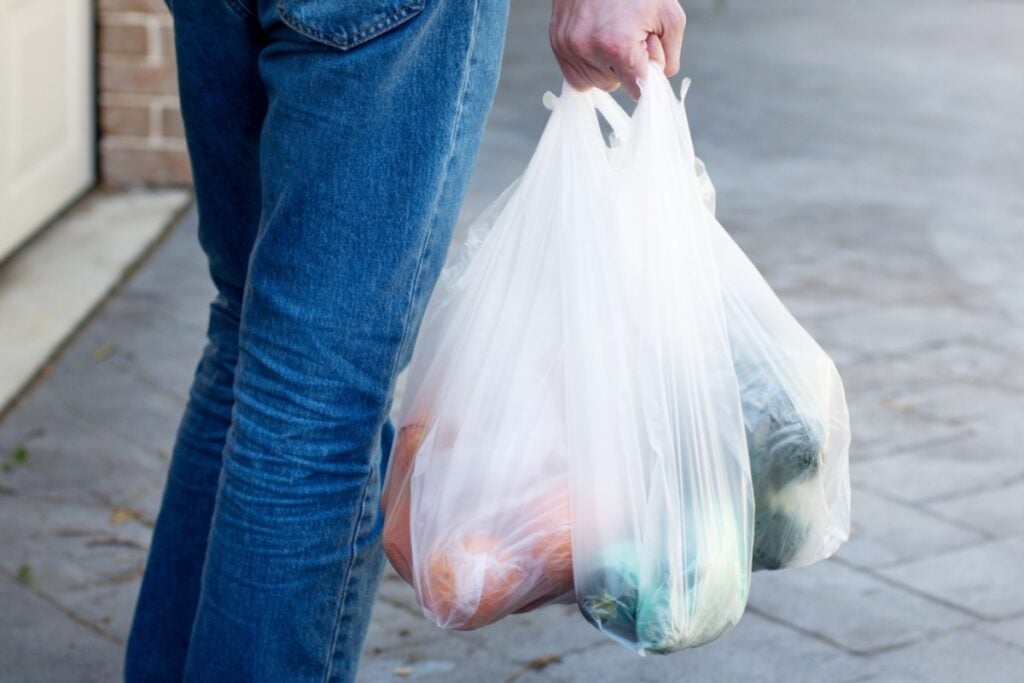
Plastic shopping bags seem handy, so you keep folding and stacking them. They can multiply quickly without you noticing.
Too many bags can clutter your kitchen or storage areas. Keep only a few for actual use and recycle the extras.
Switching to reusable bags can help reduce clutter and is better for the environment.
Outdated tech gadgets
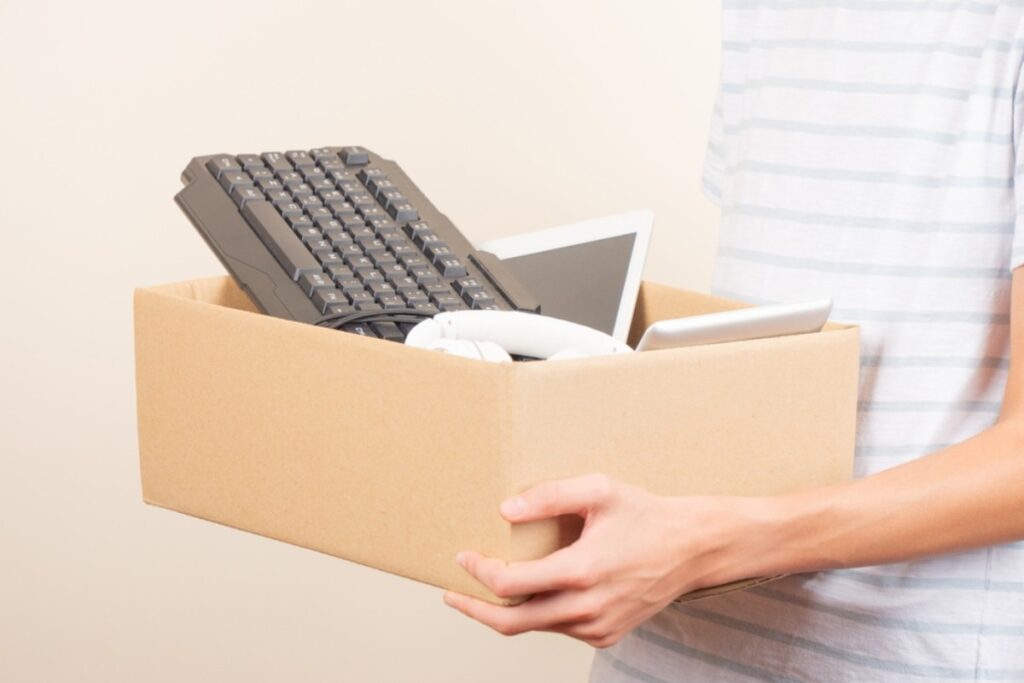
Old phones, chargers, and broken gadgets often end up forgotten in drawers or boxes. Technology changes fast, so these devices quickly become outdated.
If your gadgets still work, consider donating them. Broken devices should be recycled, and some stores offer trade-in programs for discounts on new items.
Focus on the devices you use regularly and let go of those that haven’t been useful for months.
Worn-out t-shirts
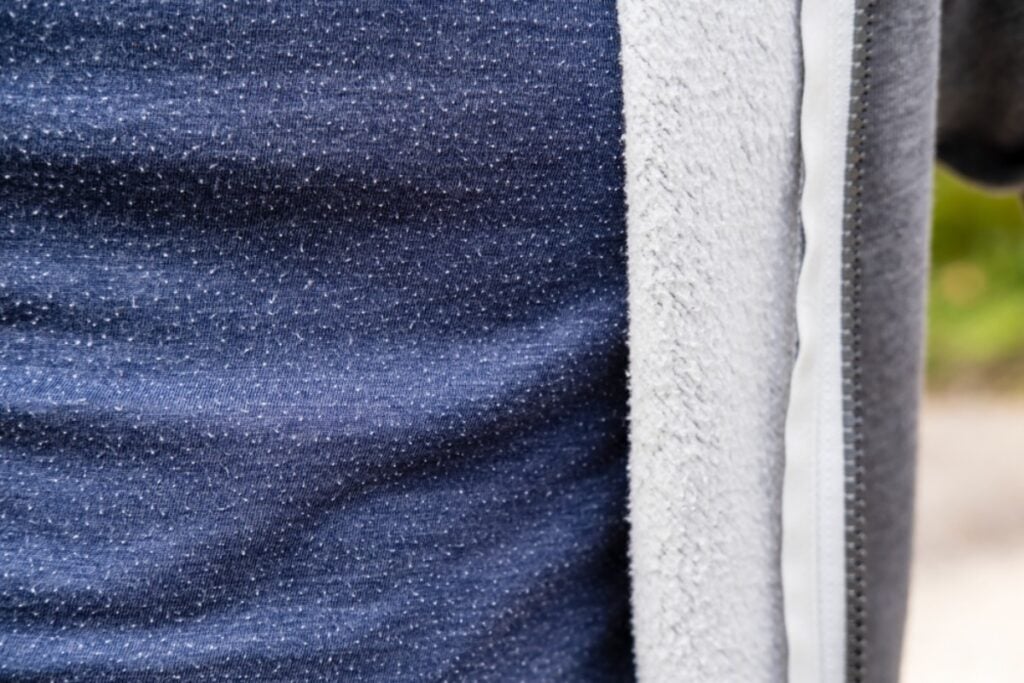
Old t-shirts can pile up, especially if they have sentimental value or memories attached. It’s easy to keep them without thinking.
Instead of letting them take up space, repurpose them as cleaning rags or make simple bags. If you have too many, think about letting some go to keep your space tidy.
Empty jars and containers
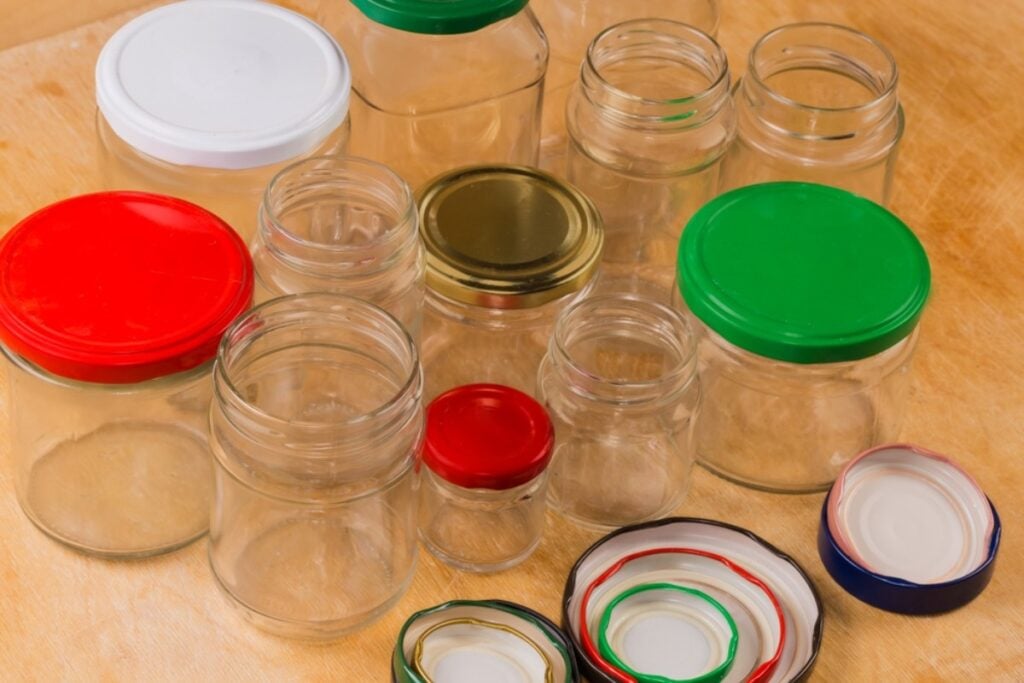
Empty jars and containers seem useful for storage or crafts, so you might hold on to them. Over time, they can take over your space.
If you haven’t used them by now, you probably won’t. Keep a few different sizes that fit your needs and recycle or donate the rest.
Old magazines
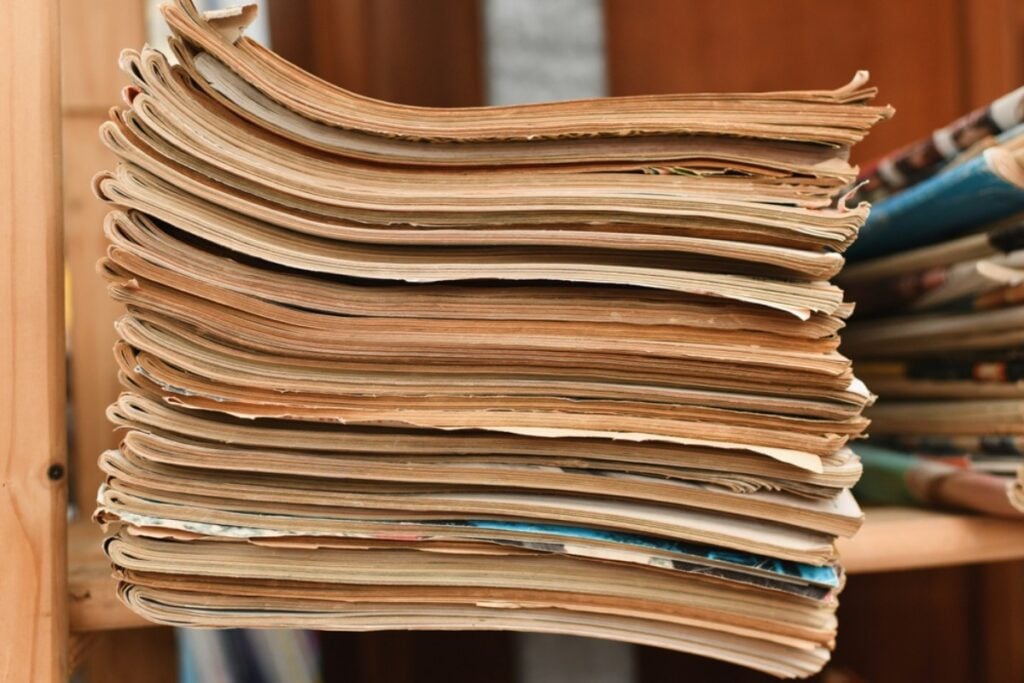
Stacks of old magazines can fill up shelves or corners. They often feel like a treasure trove of stories or inspiration.
If you’re saving them for specific articles or recipes, cut those out and recycle the rest. Letting go of old magazines gives you more room and a cleaner space.
Broken jewelry
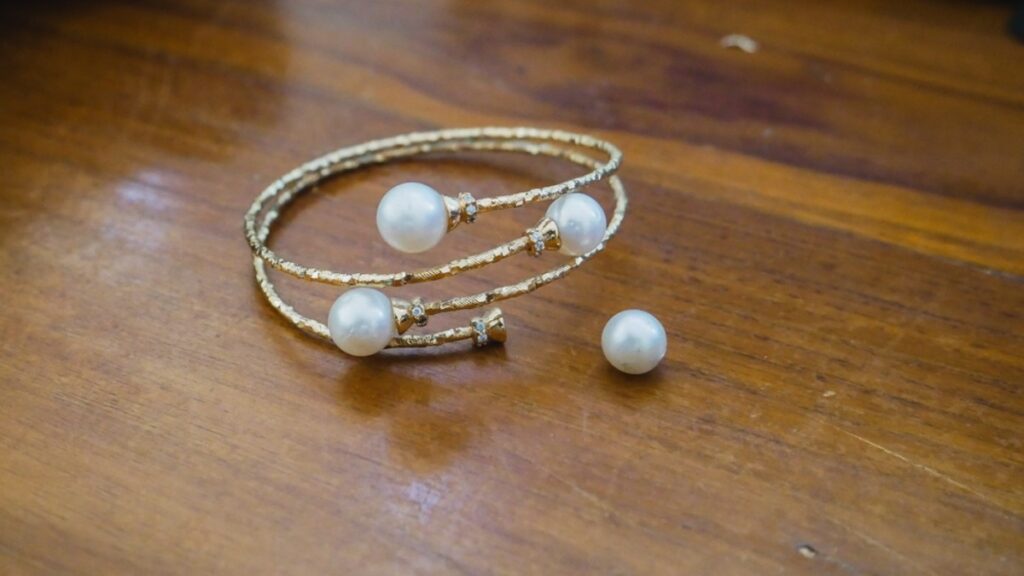
Broken jewelry can sit in a box or drawer, unused and taking up space. Sometimes you keep it with the intention of fixing it someday.
If you haven’t repaired it in months or years, it might be time to let go. Consider keeping one or two meaningful pieces or take photos before parting with them.
Some items can still be donated, even if they need fixing.
Unused craft supplies
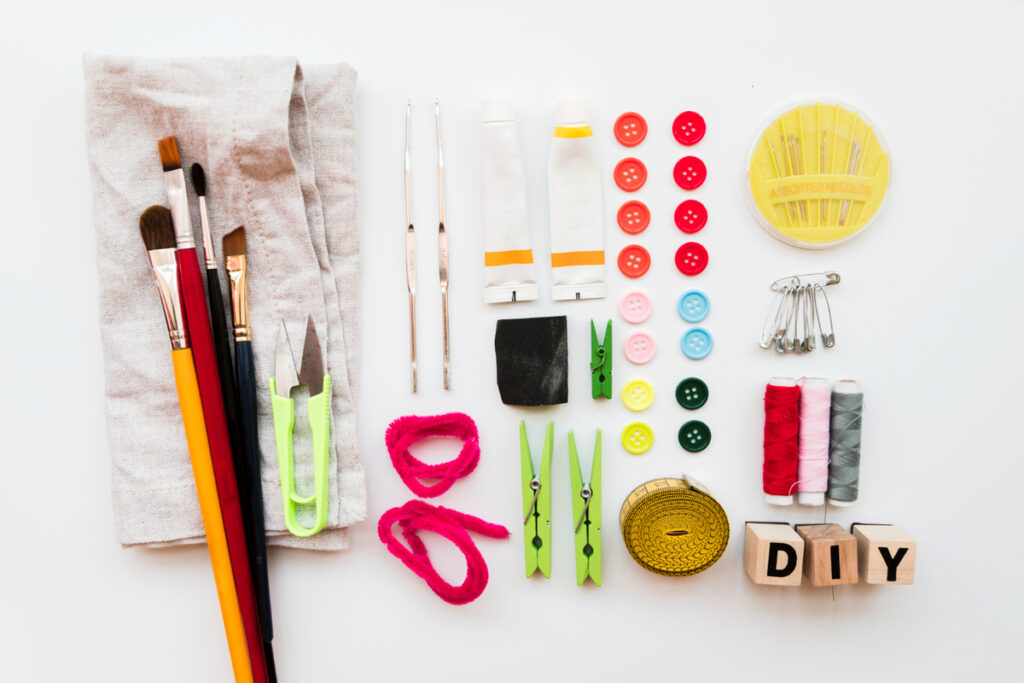
Craft supplies from unfinished projects can pile up quietly in drawers or boxes. They often sit unused for a long time.
Sort through your supplies and keep only what you use regularly. Donate the rest to local schools or community centers.
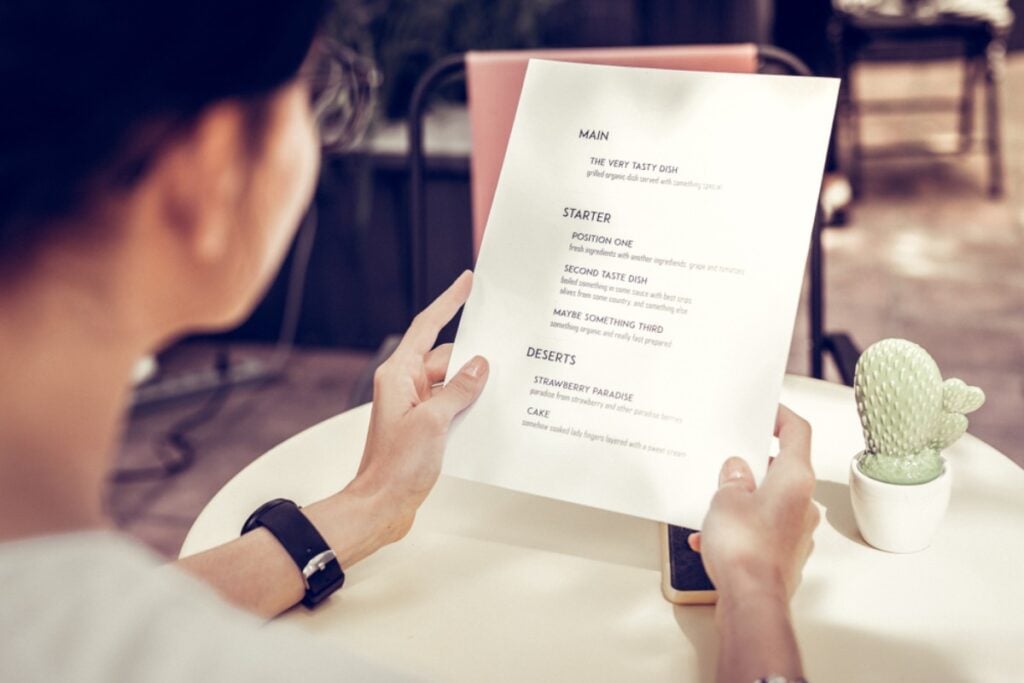
Takeout menus can pile up in drawers, on counters, or on the fridge. It feels handy to have options, but they quickly create clutter.
Sort through your menus every few months. Keep the ones for your favorite spots and recycle the rest.
Old calendars
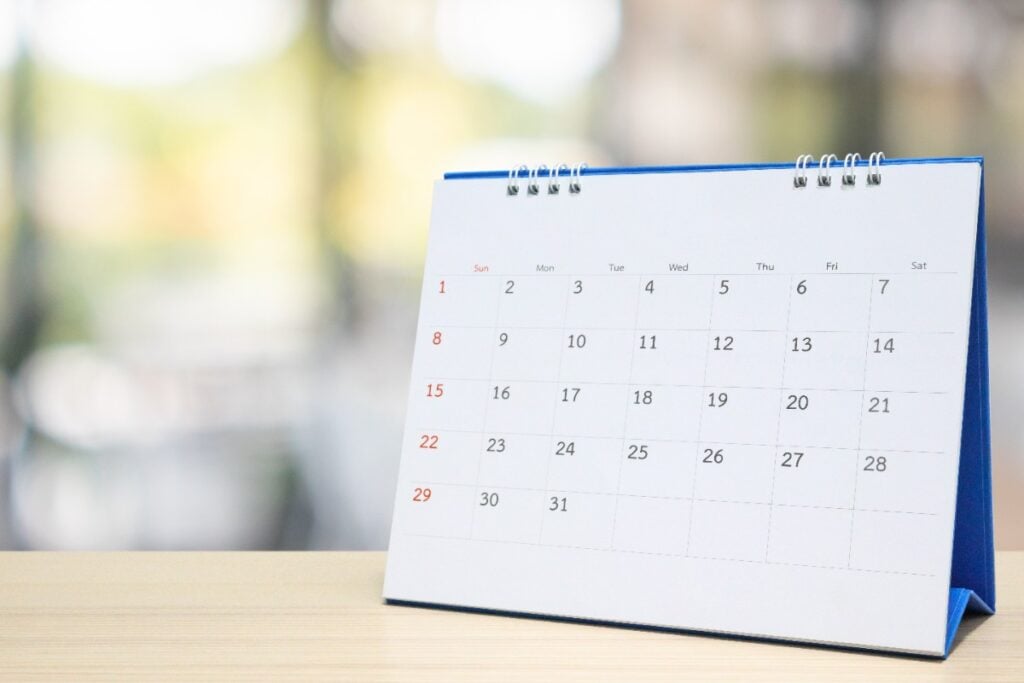
Old calendars often pile up without you noticing. Each year brings a new one, but the old ones stay in drawers or boxes.
You might keep them for memories or as a backup, but too many can clutter your home. Keep just one or two if needed and recycle the rest.
Dried-up pens
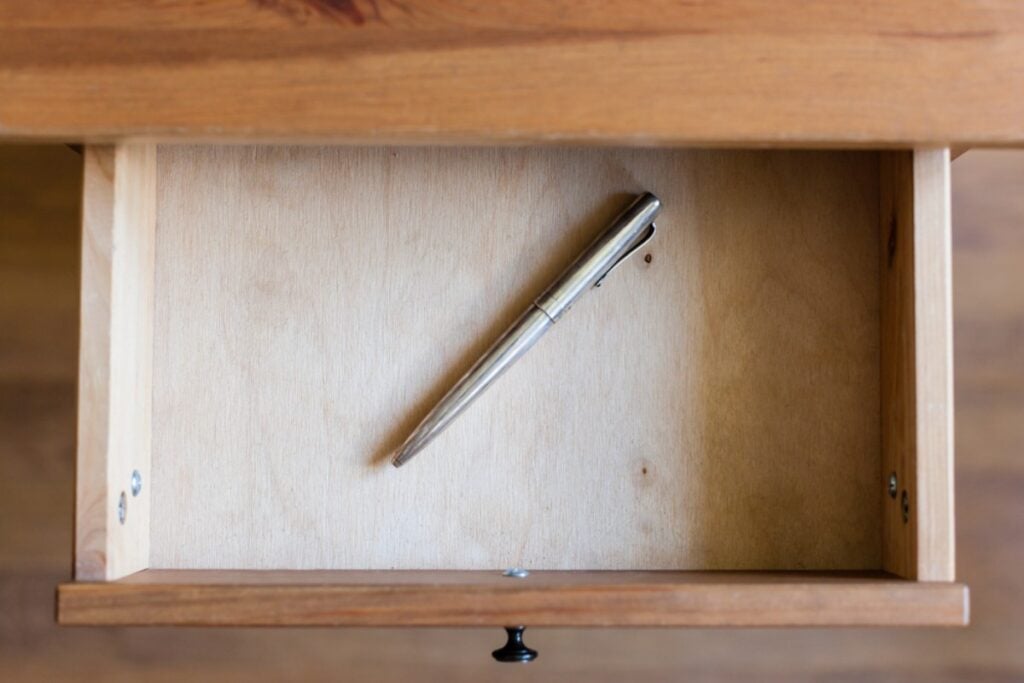
Dried-up pens and markers can fill your desk or drawers. Over time, they become useless but still take up space.
Throw away pens that don’t work. Keeping only working pens makes your space neater and saves time.
Unused keys
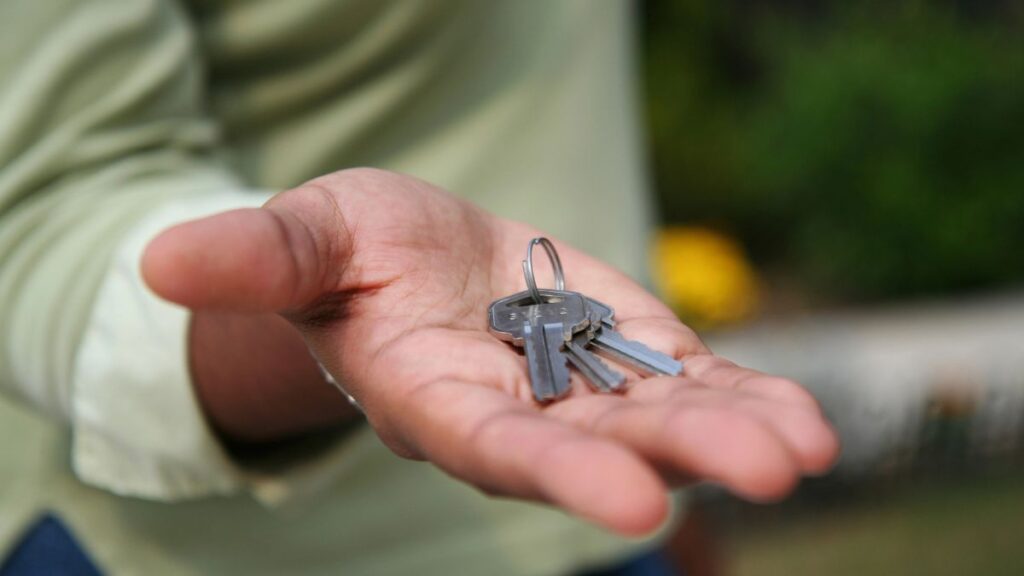
A drawer full of unused keys is common. These often come from old locks, past homes, or forgotten lockers.
If you don’t know what a key opens after some thought, it’s probably safe to let it go. Sorting through your keys every few months clears space and reduces confusion.
Old phone chargers
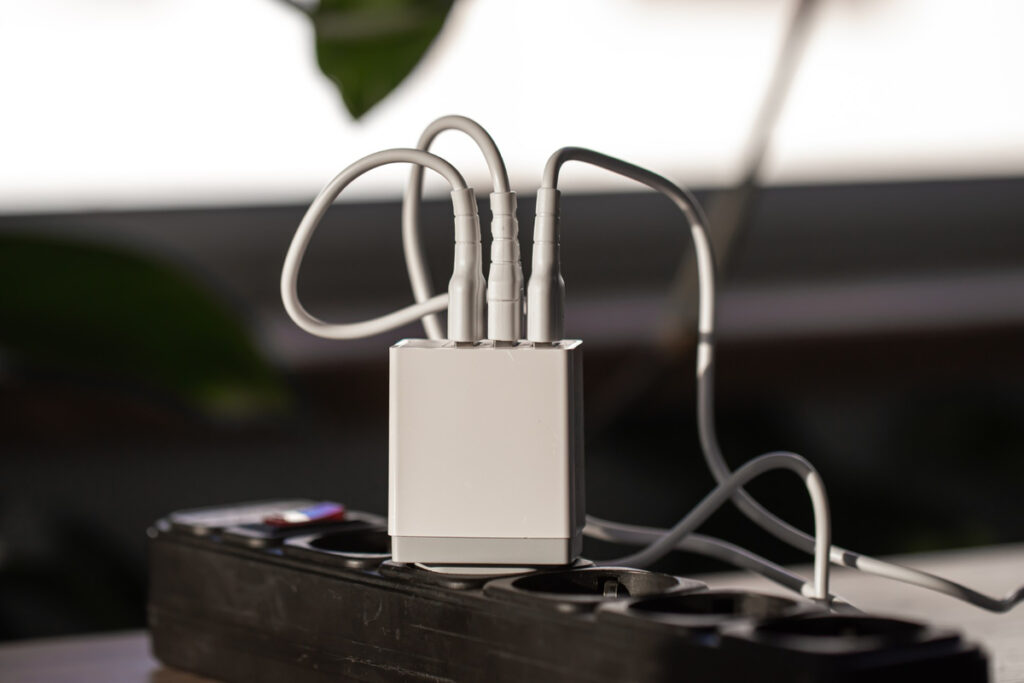
Many people have a drawer or box full of old phone chargers. These chargers might seem useful because you think you might need them one day.
But in reality, many of these chargers don’t work with your current devices. It’s easy to hold on to chargers from phones you no longer have.
You might keep them “just in case” or because they came with expensive devices. However, most new phones use different plugs or wireless charging now.
If you sort through your chargers, you may find many duplicates or ones that don’t fit any device you own. Tossing the broken or outdated ones helps clear space.




